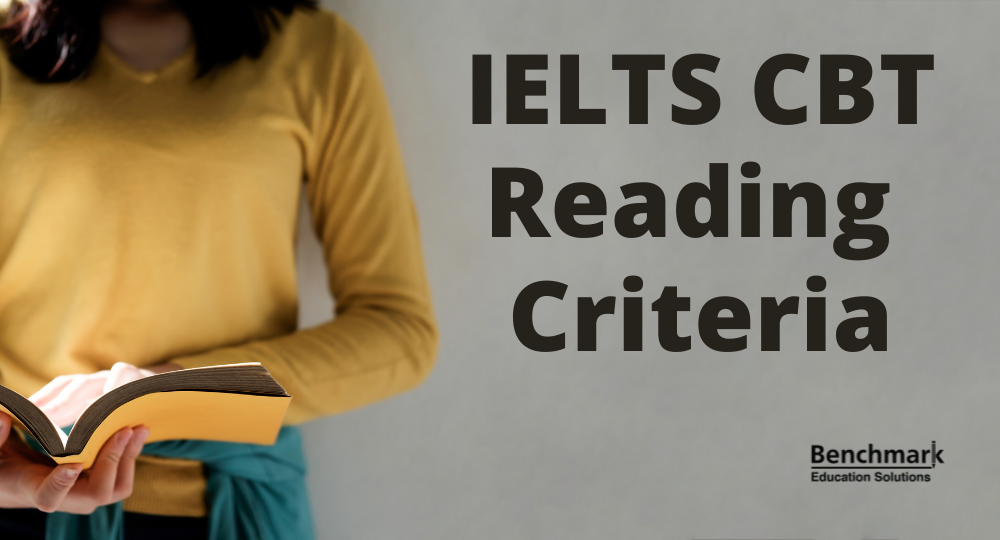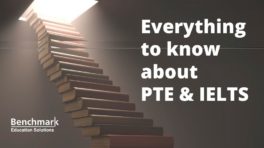Understand Computer Based IELTS Reading Grading Criteria


When you prepare for IELTS, it is useful to know how you are graded. This can help you to understand what the examiners want to see and what they want you to avoid, thus guiding your preparation more effectively. It can also help you to know what you have done right and wrong, so you can prepare for next time.
This is true of the IELTS reading exam and, in this article, I will explain to you the fundamentals of IELTS reading grading.
How is IELTS Reading Graded?
In the IELTS exam, there are four sections: Listening, Reading, Writing, and Speaking. Two of them are graded according to whether the answers were right or not, and the others are more subtly graded according to your perceived English language abilities.
Whilst the grading for writing and speaking is quite complicated, for listening and reading it is rather simple. Each test is comprised of 40 questions and you should try to answer all of them. When you hand your exam paper in, it will be marked according to whether your answers matched the official answers.
This is very simple. If the correct answer was “$40” but you wrote “$14,” then you would get no points. If you wrote “$40,” you would get one point. It is not at all complicated.
With the paper based exam, a human examiner will take your paper and check it against the list of correct questions. However, for the computer based IELTS exam, it will be automatically done. This is because your answers will be input on a computer and so the computer can simply tell whether they are right or wrong. There is no room for error here.
Right and Wrong Answers
It is important to note that there are right and wrong answers in the IELTS reading. If you say “True” but the answer is “False,” then you are wrong. You cannot argue this point. In this respect, it is very different from the writing and speaking tests, where you can present your opinion about an issue. If they differ from the examiner’s ideas, it shouldn’t matter at all.
For IELTS reading, it is absolutely necessary to give the right answer and there isn’t much room for variation. The only exception is where numbers are concerned. If you are asked to write down a price, you will be able to say any of the following:
- Six dollars
- $6
- 6 dollars
Similarly, you can choose to write your answers in ALL CAPS or conventional written form:
- SIX DOLLARS
- Six dollars
You can also vary between British and American spelling:
- Favourite
- Favorite
This will not affect your score but getting it incorrect would be a problem. If you capitalised very randomly, it would not be concerned right. Of course, you also cannot misspell words, or else you will get no points. A misspelled word is an incorrect answer.
What about Band Scores?
Finally, it is important to mention how your score is calculated from the answers you give. Whilst writing and speaking are quite subjective, again reading and listening are more straightforward. Here, there is a chart on which numbers of correct answers are assigned to band scores.
This system varies slightly between the general and academic tests, but it does not vary between the paper and computer based IELTS tests because these are the same. Fundamentally, if you get 40 answers correct, you will get a band 9. If you get 39 answers correct, you will get band 8.5, and so on.
Here are some more scores:
IELTS Academic reading
| Band score | Raw score out of 40 |
|---|---|
| 5 | 15 |
| 6 | 23 |
| 7 | 30 |
| 8 | 35 |
IELTS General reading
| Band score | Raw score out of 40 |
|---|---|
| 4 | 15 |
| 5 | 23 |
| 6 | 30 |
| 7 | 34 |
| 8 | 38 |











